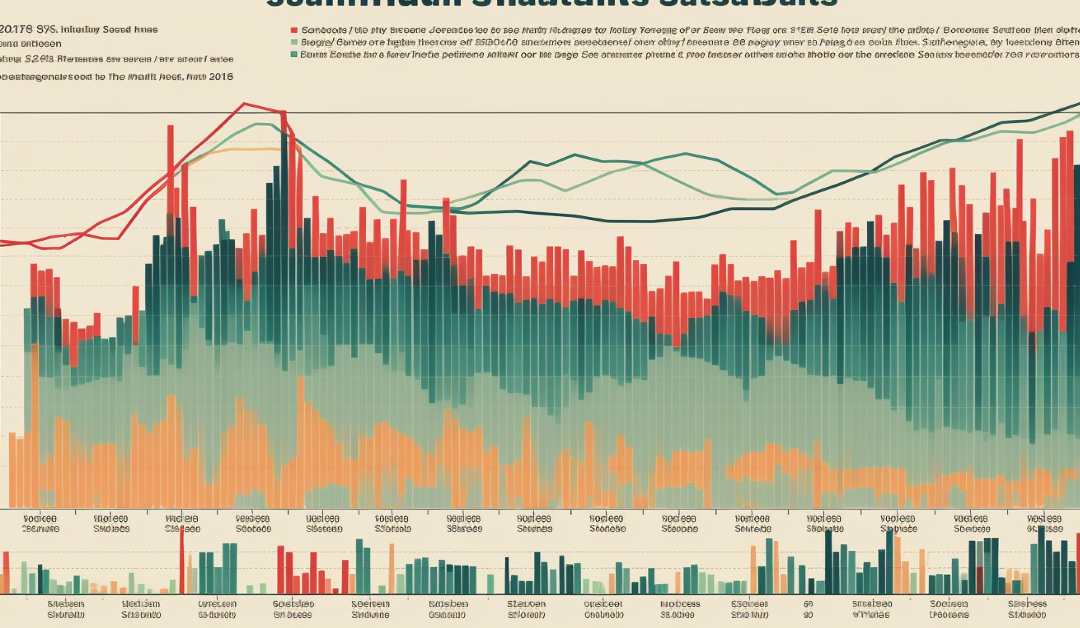Key Points
- Tayyip Erdogan’s Finance Minister has introduced another 6.5% rates hike taking the total to 15%
- The move marks a turnaround for the residents of Turkey as their money faces great devaluation owing to a high inflation rate.
- As the Ministry of Finance fights an economy-crippling inflation menace, more pain is expected in the Turkish markets for the next short to mid-term basis.
On Thursday, the Central Bank of Turkey delivered another large interest rate hike to battle the overshadowing inflation rise. The move signals a shift towards more conventional economic policies to counter the sky-high inflation rates following the criticism that Tayyip Erdogan had led to higher living costs.
Turkey to brace for more pain in the markets
Residents and Citizens of Turkey will have to brace for tougher economic terms, at least in the short to mid-term, as the Central Bank and Finance Ministry work hand in hand to shave off the sky-high inflation rates that have crippled their economy.
On June 22, the Central Bank announced that it had raised key rates by 6.5%, now boosting it to 15%. This boost is a significant jump from the existing 8.5% that was in effect since March 2021 and follows Erdogan’s new term as the President.
Erdogan has been under fire for watching the cost of living overwhelm the citizens of Turkey. The recent rate hike indicates that the country is moving away from Erdogan’s unorthodox belief that lowering interest rates fight inflation.
This traditional economic theory has proved ineffective, and central bankers worldwide have been going at it differently. The US and UK have both raised interest rates to deal with inflation. Only time will tell how high Turkey will need to set its inflation rates hike before completely taming it. Keep watching Fintech Express for updates on finance and other fintech-related developments.

